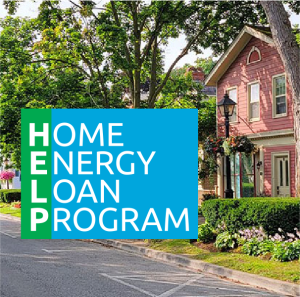Energy conservation in homes plays a crucial role in promoting sustainability and reducing the overall environmental impact. By actively reducing energy consumption, households can contribute to mitigating climate change, decreasing greenhouse gas emissions, and conserving natural resources. Implementing home energy saving practices not only benefits the environment but also helps create a more sustainable future for generations to come.
Additionally, home energy saving can lead to lower utility bills, providing financial savings for homeowners in the long term. By adopting energy-efficient habits and technologies, households can significantly decrease their energy costs and improve their overall financial well-being.
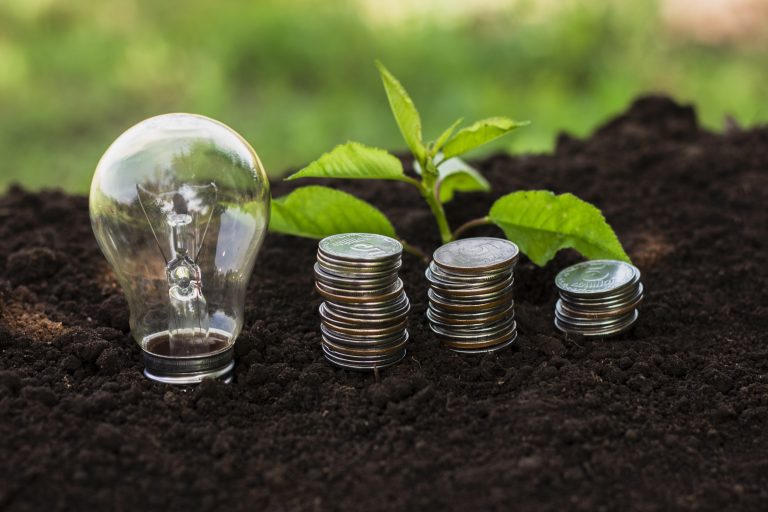
Furthermore, reducing energy consumption in homes can also enhance energy security by decreasing reliance on finite energy sources and promoting energy independence. By implementing home energy saving measures, households can contribute to a more stable and resilient energy infrastructure, reducing the risk of energy shortages and disruptions.
Additionally, home energy saving can help alleviate strain on the power grid during peak demand periods, leading to a more reliable and efficient energy system for all consumers. Overall, the benefits of home energy saving extend beyond individual households, positively impacting the environment, economy, and overall energy sustainability.
Are you looking to save money on your energy bills while also reducing your carbon footprint?
By following these 9 tips for home energy saving, you can make a significant impact on both your wallet and the environment.
Tend for your furnace
New high-efficiency furnaces are designed to minimize energy consumption, but older models can also be improved to be more environmentally friendly. One key step in this process is annual servicing by a professional. This involves cleaning and inspecting parts that may not be easily visible or accessible, ensuring the furnace is operating efficiently and not working harder than necessary.
By maintaining and optimizing your furnace, you can increase its energy efficiency and reduce its environmental impact.
regular maintenance and servicing of your furnace help expand its lifespan, enhance its overall performance, and decrease the likelihood of breakdowns.
In addition to professional servicing, there are other steps you can take to make your furnace more energy-efficient, such as sealing ducts, insulating your home, and using a programmable thermostat. By implementing these measures, you can home energy saving and also contribute to a more sustainable and eco-friendly living environment.
Wrap the water heater
Wrapping your water heater can be a simple yet effective way to improve its energy efficiency and reduce heat loss. On-demand water heaters are already known for their efficiency, As they best heat water whilst it’s needed. For electric warm water tanks, insulating blankets can assist reduce warmness loss and improve overall performance.
By wrapping your water heater in an insulating blanket, you can help maintain the temperature of the water inside the tank, reducing the need for the heater to constantly reheat water to maintain a desired temperature.
In addition to wrapping your water heater, it is also important to regularly maintain and inspect your water heating system. This consists of checking for the temperature settings and leaks, and flushing the tank to remove sediment buildup.
By taking these proactive measures, you can ensure that your water heater operates efficiently and effectively, ultimately saving energy and reducing your utility costs. Investing in energy-efficient practices for your water heating system not only benefits your wallet but also contributes to a more sustainable and environmentally friendly home.
Turning off the lights whilst leaving a room
Developing the habit of turning off lights when leaving a room is a simple yet effective way to home energy saving and reduce electricity costs. By making a conscious effort to switch off lights every time you exit a room, you can significantly decrease your monthly energy consumption. Initially, it may be helpful to set reminders or create visual cues to remind yourself to turn off lights until it becomes a natural and subconscious behavior. Over time, this small but impactful habit can lead to noticeable savings on your utility bills and contribute to a more sustainable lifestyle.
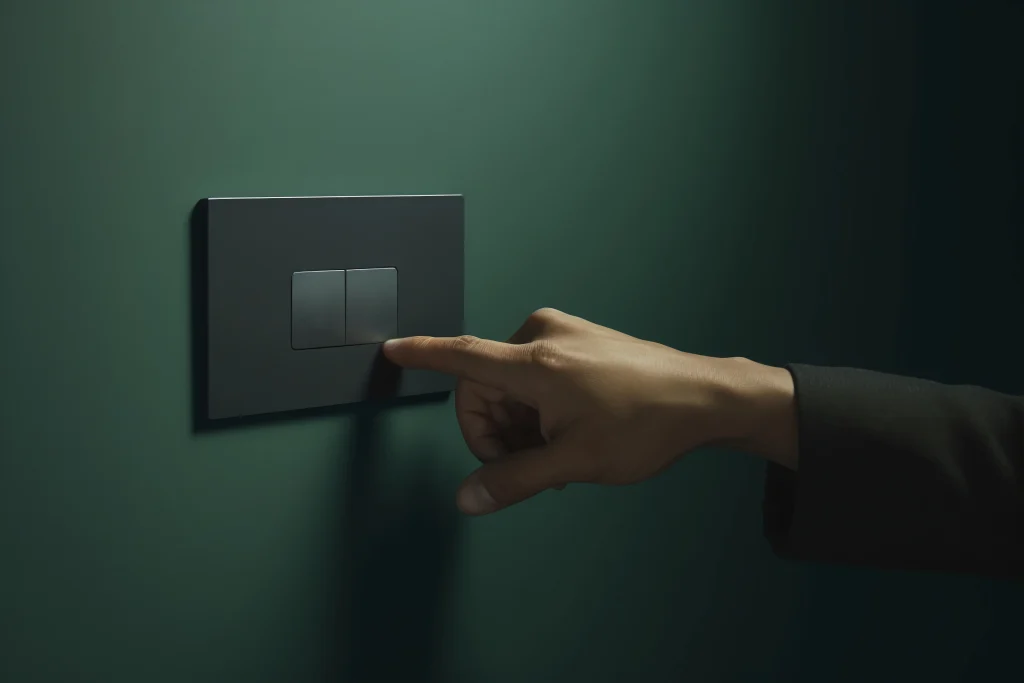
In addition to turning off lights when not in use, you can further enhance energy efficiency by replacing traditional incandescent bulbs with energy-efficient LED or CFL bulbs. These bulbs consume less energy and have a longer lifespan, making them a cost-effective and environmentally friendly lighting option.
By combining the practice of turning off lights with the use of energy-efficient lighting solutions, you can maximize home energy saving and reduce your carbon footprint. Embracing these energy-conscious habits not only benefits your finances but also plays a part in conserving resources and promoting a greener environment for future generations.
Switching to efficient appliances
Dryers and refrigerators are some of the most energy-consuming household appliances, and replacing them with more energy-efficient models can cut your energy consumption in half, thereby reducing your energy bill. Installing an air source heat pump is another idea to reduce energy consumption. Typically, maintaining and replacing home appliances every few years will make them put a much smaller burden on your electricity usage.
Unplug devices
Unplugging devices when not in use is a crucial practice to conserve energy and reduce electricity consumption. Leaving devices on standby mode still consumes energy, known as standby power which can add up over time and contribute to higher electricity bills. By unplugging devices, you can effectively eliminate this unnecessary energy usage and help lower your carbon footprint.
In addition to home energy saving and reducing costs, unplugging devices can also extend their lifespan. Constantly leaving devices plugged in can lead to wear and tear on the internal components, potentially shortening their overall lifespan.
By unplugging devices when not in use, you can prevent unnecessary strain on the electronics and ensure they remain in optimal working condition for a longer period of time. Overall, making a habit of unplugging devices can not only benefit your wallet but also help promote sustainability and prolong the life of your electronic devices.
Preserve The Thermostat at a Decrease Temperature
Preserving the thermostat at a lower temperature, around 17 degrees Celsius, can have a significant impact on both home energy saving and cost savings. Lowering the thermostat reduces the workload on your heating system, resulting in less energy being used to maintain a comfortable indoor temperature.
By setting the thermostat to a lower temperature, especially when you are asleep or away from home, you can effectively reduce your energy bills without sacrificing comfort.
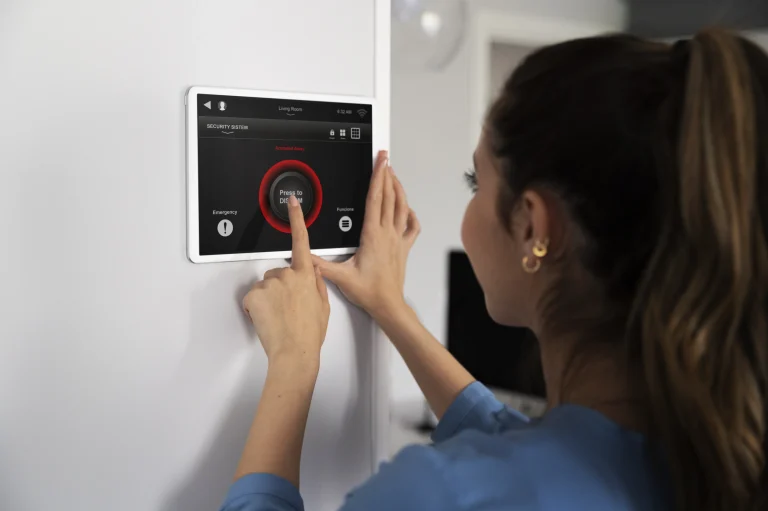
Utilizing a programmable smart thermostat takes energy efficiency to the next level by allowing you to schedule temperature adjustments based on your daily routine. This technology enables you to automatically lower the temperature when you are not at home or during nighttime hours when you are asleep, optimizing energy usage without the need for manual adjustments.
By programming your thermostat to operate at lower temperatures during specific times, you can further enhance home energy saving and create a more sustainable heating environment in your home. In conclusion, maintaining a lower thermostat setting and utilizing a programmable smart thermostat are effective strategies for reducing energy consumption and promoting cost-effective heating practices.
Use smart devices
Utilizing smart automated devices in your home can lead to significant cost savings by home energy saving and reducing unnecessary power consumption. These smart devices are equipped with sensors and technology that can detect when you are not actively using a device or appliance, allowing them to automatically power off or enter an energy-saving mode. By leveraging this technology, you can avoid the common scenario of leaving devices powered on when not in use, ultimately reducing your energy bills and promoting energy efficiency.
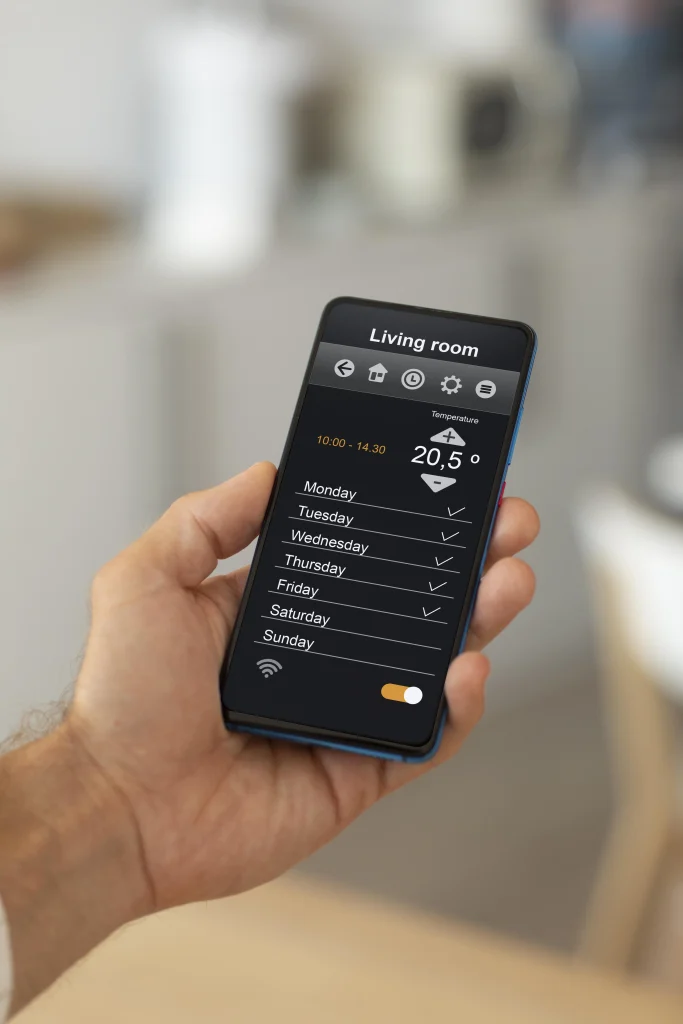
In addition to providing convenience and automation, smart devices can also contribute to a more sustainable and eco-friendly lifestyle. By automatically turning off devices when they are not in use, smart systems help minimize standby power consumption and reduce overall energy waste. This proactive approach to energy management not only benefits your wallet by lowering utility costs but also aligns with environmental conservation efforts by reducing your carbon footprint.
Embracing smart devices in your home can lead to a more efficient and environmentally conscious living environment, ultimately contributing to a greener and more cost-effective lifestyle.
Use double glazing door and window
Utilizing double glazing doors and windows in your home offers a range of benefits that contribute to energy efficiency and sustainability.
Double glazing refers to windows and doors that are constructed with two panes of glass separated by a layer of gas, typically argon or krypton.
This design provides enhanced insulation properties, reducing heat transfer between the interior and exterior of your home. By minimizing heat loss during colder months and heat gain during warmer months, double glazing helps maintain a more stable indoor temperature, reducing the need for excessive heating or cooling and help you for home energy saving.
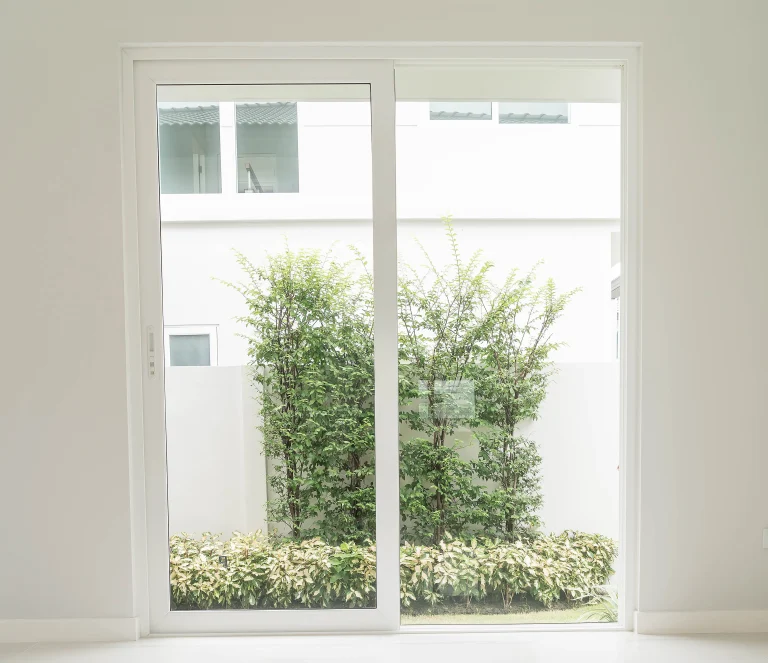
The improved insulation provided by double glazing not only enhances comfort levels within your home but also plays a significant role in reducing greenhouse gas emissions associated with heating and cooling systems. By minimizing the energy required to maintain a comfortable indoor environment, double glazing helps lower your carbon footprint and contributes to environmental sustainability.
Additionally, the energy efficiency of double glazing can lead to cost savings on your energy bills over time, making it a worthwhile investment for modern homes looking to prioritize energy conservation and reduce overall energy consumption.
Solar-powered gadgets
Nowadays you can discover a solar-powered model of virtually any electronic you operate in your home. Making small shifts and the usage of more solar-powered electronics can go a long manner and can also decrease your maintenance and alternative charges of such electronics.
The advancement of technology has made solar-powered gadgets more accessible and practical for everyday use. Solar-powered versions of various electronics commonly found in homes, such as lights, chargers, and outdoor devices, offer a sustainable alternative to traditional power sources. By incorporating solar-powered gadgets into your daily routine, you can reduce your reliance on grid electricity and lower your overall energy consumption.
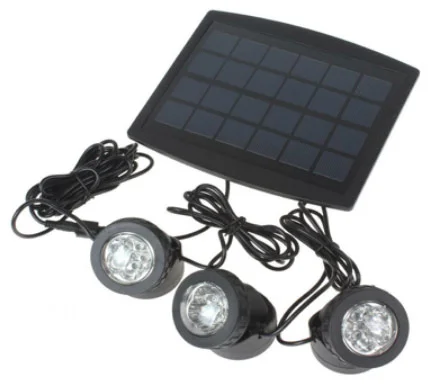
Making the switch to solar-powered electronics not only benefits the environment but also helps decrease maintenance and replacement costs. Solar-powered gadgets typically have fewer components that can wear out or malfunction compared to their traditional counterparts, resulting in reduced maintenance requirements.
Additionally, the longevity of solar panels and their ability to harness renewable energy from the sun can lead to cost savings over time by eliminating the need for frequent battery replacements or repairs. Embracing solar-powered gadgets can not only contribute to a more sustainable lifestyle but also offer long-term financial benefits through reduced maintenance and replacement expenses.
In addition, installing solar panels for home energy saving can also be effective. If you want to know more about solar panels, click here.
Home Energy Audit is the first step to start your retrofit grant
conclusion
In conclusion, implementing the suggested tips for home energy saving can significantly reduce your household’s energy consumption and ultimately lead to cost saving in the long run. By upgrading to energy-efficient appliances, sealing air leaks, using programmable thermostats, optimizing lighting, unplugging electronics when not in use, insulating your home, and monitoring your energy usage, you can make a positive impact on both the environment and your wallet. These simple yet effective strategies can help you create a more energy-efficient home while also contributing to a more sustainable future.
By making small changes in your energy consumption habits, you can make a big difference in reducing your carbon footprint and lowering your utility bills. Together, we can work towards a more sustainable and energy-efficient future for our homes and communities. Start implementing these tips today and reap the benefits of a more energy-conscious lifestyle.














